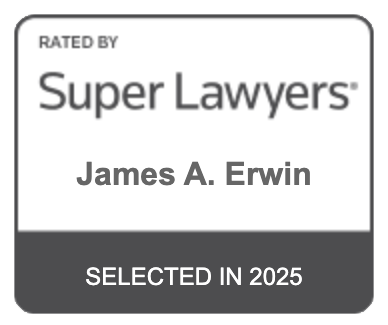Simply put, a syndicated real estate deal pairs a sponsor – the ‘syndicator’ – with a group of investors who have pooled their money for the sole purpose of buying real estate.
The investors come to the table with money, while the sponsor comes to the table with the project (proposed land, building, concept etc.), management expertise, and, often times, money too.
The investors are seeking passive income returns. The syndicator is seeking active income, generally including a ‘promote’ fee for putting the deal together.
Why Syndicate?
There are many benefits to syndicating a deal. For starters, by pooling funds, investors can get into larger, more profitable deals than they could independently. Plus, they can rely on a seasoned owner and manager to help maximize those profits.
And similarly, the sponsor is able to take on much larger, and many more projects than they would if relying only on their own funds and financing capacity.
How to Syndicate
Before you can pursue a deal, you’ll need to set yourself up as a business entity (LLC, corporation, etc.), through which you will invest, along with your other investors. If you also plan on bringing management services into a project, you will likely want to create a separate entity for that, as well.
The next step is to put together an offering memorandum for potential investors. As your ‘invitation’ for support, this memorandum serves as the key marketing piece to kick off a deal. In it, you need to identify the target real estate, the attributes that make it feel like a good investment, and how that investment will provide appealing returns. Is it value-add? Is it through improved management? Is the acquisition cost uniquely achievable? Are there other key value points?
Next, you need to explain the financial expectations. What are the minimum investments and increments? How much investment is the project seeking? What is the sponsor’s capital investment? What are the anticipated rates of return? When, and in what order, will investors receive returns?
Another essential step is to sell yourself as the sponsor. What is your background and experience? What are your credentials and how can you assure investors of your management prowess? Who are your team members?
Once you have a group of investors that has, based on your offering memorandum, committed to the project, you need to create a formal agreement between your business entity and your investors. We always recommend using a limited liability company (LLC) for real estate ownership and investment projects, so that would entail drafting, negotiating, and executing an Operating Agreement – the partnership agreement that serves as the roadmap for all rights and obligations of the parties. As a critical legal document, this should only be prepared by experienced legal counsel.
Where can I learn more?
For more than 30 years, the professionals at Erwin Law have been assisting real estate owners, developers and investors in deals of all kinds and sizes. If you are interested in discussing any type of real estate opportunity, call Erwin Law today at 773-525-0153 or email Jim Erwin at jerwin@erwinlawfirm.com.

All materials herein have been prepared by Erwin Law for informational purposes only and are not legal advice. Transmission of the information is not intended to create, and receipt does not constitute, an attorney-client relationship between you and the rm. You should not act upon this information without seeking professional counsel.
Copyright © 2025 Erwin Law. All Rights Reserved.